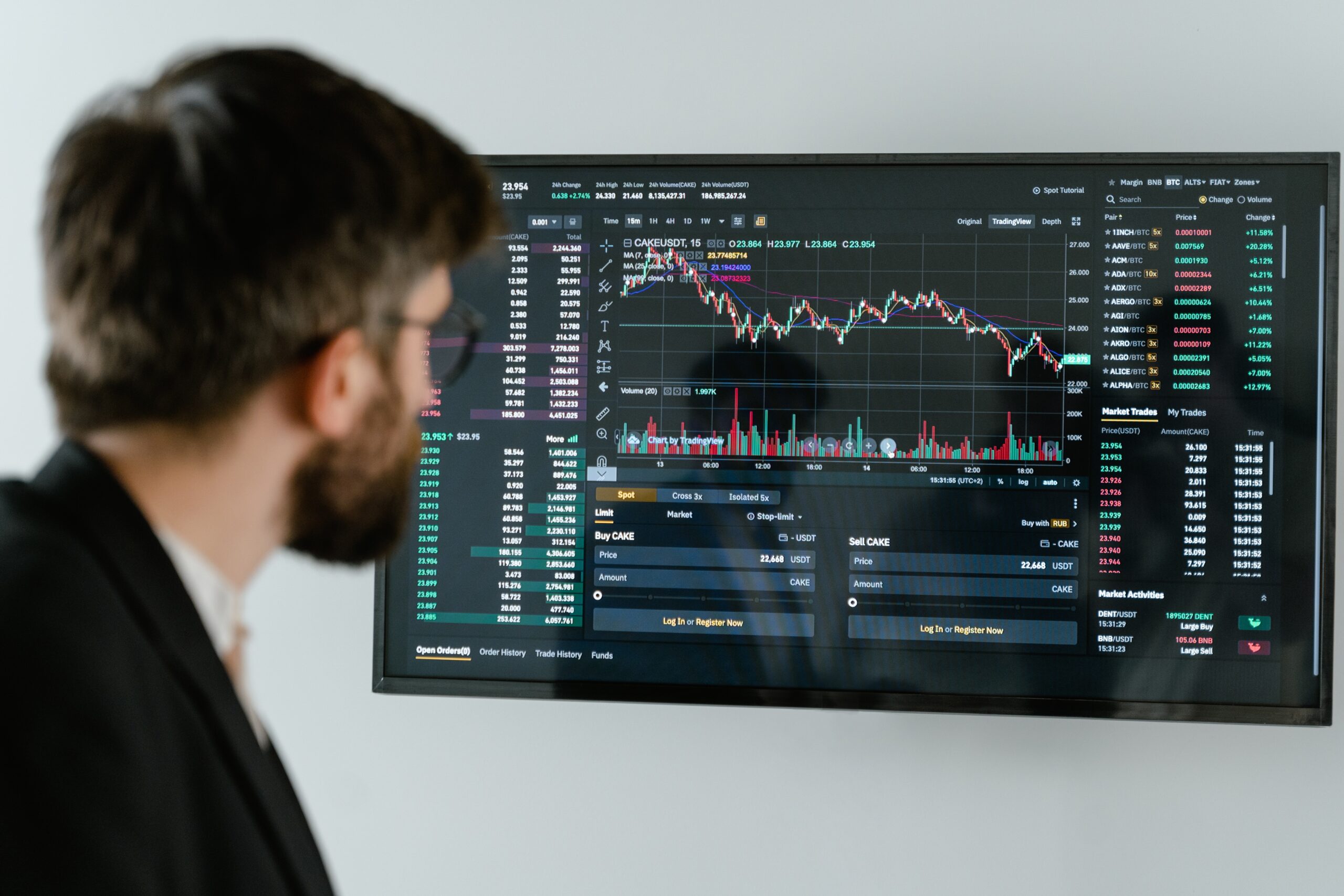5 Mistakes of a Novice Trader You Should Avoid
When someone is just starting out in the market, they will need to learn a lot of things in order to be truly successful. With so much information, it is easy to get lost and end up on the wrong side of the market if you misinterpret the signals. This can cost you money, not just...

When someone is just starting out in the market, they will need to learn a lot of things in order to be truly successful.
With so much information, it is easy to get lost and end up on the wrong side of the market if you misinterpret the signals. This can cost you money, not just in lost profits but also in lost money if you misinterpret the signals and end up on the wrong side.
I don’t Know Much About the Market. Where to Start?
In the study of any kind of material, having a clear structure and moving from simple to more complicated are important things to keep in mind. In this review, we have put together all the advice and tips that new crypto traders need to be successful.
Traders Who Don’t Have a Plan to Follow
Almost all new traders start out in the market without a plan. You should make a trading plan regardless of whether you want to make money on the exchange every day or want a steady source of income. Otherwise, investing and speculating turns into a bad bet.
The only time you can’t have a plan is if you use a ready-made portfolio or hire a financial advisor to help you. In this case, you follow the investment strategy you’ve already made, so you’ll make very few mistakes. However, if you want to become your own boss in the market, the first thing you need is a plan.
Making Trades Without Planning
Make sure you look at a certain number of charts before you start trading with real money. Using technical indicators, look at how prices move and figure out where support and resistance lines are. The goal is to find different patterns (shapes, price action and more) on charts with different time frames. Technical analysis isn’t just good for people who want to bet on the market. It’s also good for people who want to invest, who want to open and close a deal at a better price.
Being Overconfident
novice traders often think that making money in the stock market is easy. People who make a lot of money are more likely to have this problem.
Inexperienced investors and gamblers often think that they can make money from almost any price change. When you have too much confidence, you start a trade without doing the proper research. When a job isn’t making money, the desire to make up for it makes the situation even worse. This usually leads to even bigger losses.
It is not possible to learn how to trade systemically by following forecasts from a lot of different sources all the time. Test other people’s ideas with your own money, and there is a high chance that you will lose money. If you can’t make good decisions about trades on your own, you aren’t ready to trade on your own.
Not Wanting to Pay for Things That Have Gone Wrong, Like Lost Money
The price of something changes when you make a trade. if the price goes down, it’s important to fix the loss as soon as possible, or the losses will grow and become uncontrollable. Then, a negative number can just “get” you.
Suppose the price has reached a point where a loss should be set. It may seem to you that things will soon change on the market, and the price will move in your direction. This isn’t true. That’s why it’s better to cut down on losses in the long run and not “tolerate” the bigger negative. Holding a losing position does not guarantee that the price will return to where it was before, and it stops you from making new, promising deals. To reopen the trade, you can do so when the price forecast is the same.
A good way to make sure you get out of a losing trade quickly and at the right time is to put in a stop order when you open a position.
The More Risk, The More Money.
The more risk there is, the more money you can make. In other words: The more risk there is, the more likely it is that someone will lose money. So, it makes sense that experienced traders don’t put more than 1% to 5% of their total capital into one trade.
There is only one time when the maximum risk is worth it: when the deposit “speeds up.” It’s because the “shoulder” is used to the fullest that a professional trader raises the risk and keeps it at the highest level so that they can make a very small deposit into a much bigger one. At the same time, when the deposit is “accelerating,” even a small change in the price can cause a lot of money to be lost, up to the loss of all of your money. The strategy can only be used by people who have been speculating for a long time and have made money with little risk (from a year).
